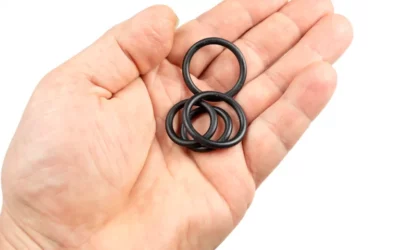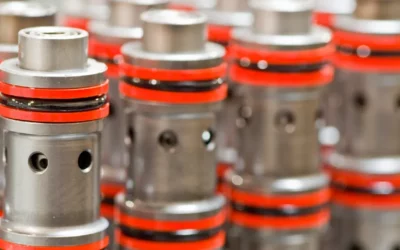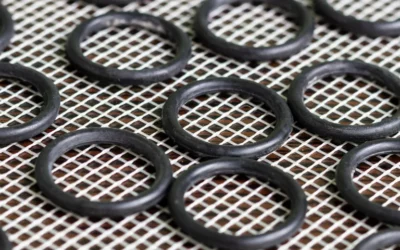Rubber O-rings are a common feature that divers use on underwater cameras, creating a tight seal that keeps the moisture out. They’re made to fit along the inside of the housing, sitting in a neat little groove that pushes them up and out to fill in the gaps. However,...
FAQ About O-Rings
Rubber O-rings are a simple product that can be used in various ways, from assembling parts to being essential pieces of consumer goods. They are perfect for creating an air-tight or water-tight seal in home appliances, engines, and other devices and machines. If you...
3 Benefits of Rubber Products in the Medical Industry
Rubber products are extremely versatile, making them suitable for a wide variety of applications, from automotive and airplane parts to electronics and home goods. They're also utilized in the medical and pharmaceutical industries, primarily for their sealing...
3 Benefits of Custom Rubber Products
Rubber products are everywhere, often playing an integral role in the sealing of liquids & gasses, the mitigation of varying pressure & temperature ranges and much more. When you are manufacturing a consumer good/product, you need to be confident the parts you...
3 Common Reasons Why Rubber O-Rings Fail
Rubber O-rings are found on plumbing, electronics, car parts, and other goods people use every day. They block pathways to keep gases and liquids from escaping. There are various forces that can affect their ability to function correctly. To avoid gas and liquid...
How Do O-Rings Work?
Rubber O-rings are seemingly simple components with a surprisingly wide range of applications, from transportation to medicine production. These effective devices can be used to create air- and water-tight seals for a variety of appliances, engines, and devices,...






